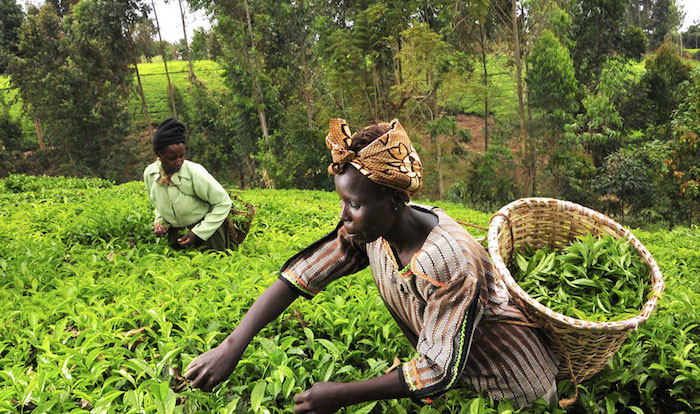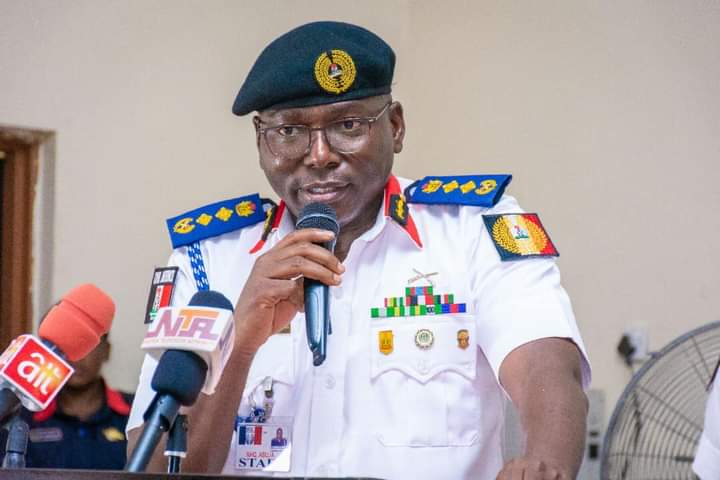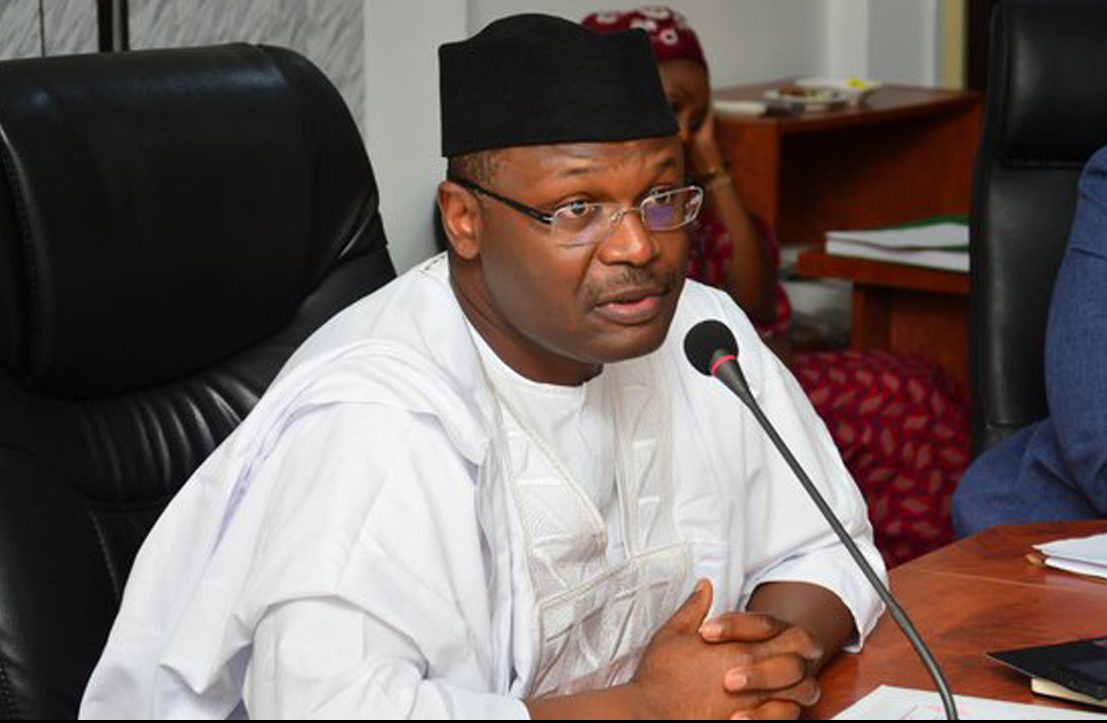
CURBING THE NIGERIAN FOOD CRISIS-84% OF NIGERIANS CAN’T AFFORD THREE SQUARE MEALS A DAY OR EVEN A HEALTHY DIET

STAKEHOLDERS in the agricultural sector have said that 84 per cent of Nigerians cannot afford a healthy diet or even three square meals a day.
The stakeholders said this development is attributed to insecurity, climate change, micro-economic challenges, and the recent Ukraine and Russia war. Speaking at a conference in Abuja tagged ‘Sahel Food Systems Changemakers’ with the theme ‘Curbing the Nigerian Food Crisis: Ensuring Resilience and Sustainability in the Agribusiness Landscape’, Vice President Program Innovation and Delivery AGRA, Mrs Aggie Konde, said insecurity has contributed 30 to 40 per cent of the hunger currently witnessed in the country.
She called on actors in the agricultural business ecosystem to come together and take very practical actions to solve the food crisis.
According to her, there is a need to fast-track technology to go to farmers that require collaboration, adding that collaboration with the public sector, extension officers, agriculture officers, trade officers and health officers is the way out.
Konde noted that AGRA would continue to be committed in supporting the government and the privatisation of agriculture.
She reiterated the need to have access to data on the ecosystem of agriculture and how farmers are accessing inputs, data where there is excess production and where there is under-production.
“We are meeting to see how to overcome some of these challenges through our partners, Sahel Consulting and a group of like-minded people to solve this crisis.
Farmers cannot go to the field, if we do not have land for farmers obviously there’s going to be hunger.
“AGRA is providing platforms where this information can be shared, we are also working with other stakeholders that have data,” she added.
Executive Chair, Sahel Consulting agriculture and Nutrition Limited, Mrs Ndidi Nwuneli, called for partnership between public and private sectors, including development partners and civil society organisations to share data, resources, and roadmap to curtail the devastating food crisis.
She said the conference was an opportunity to really get ahead of the food crisis facing an average Nigerian




